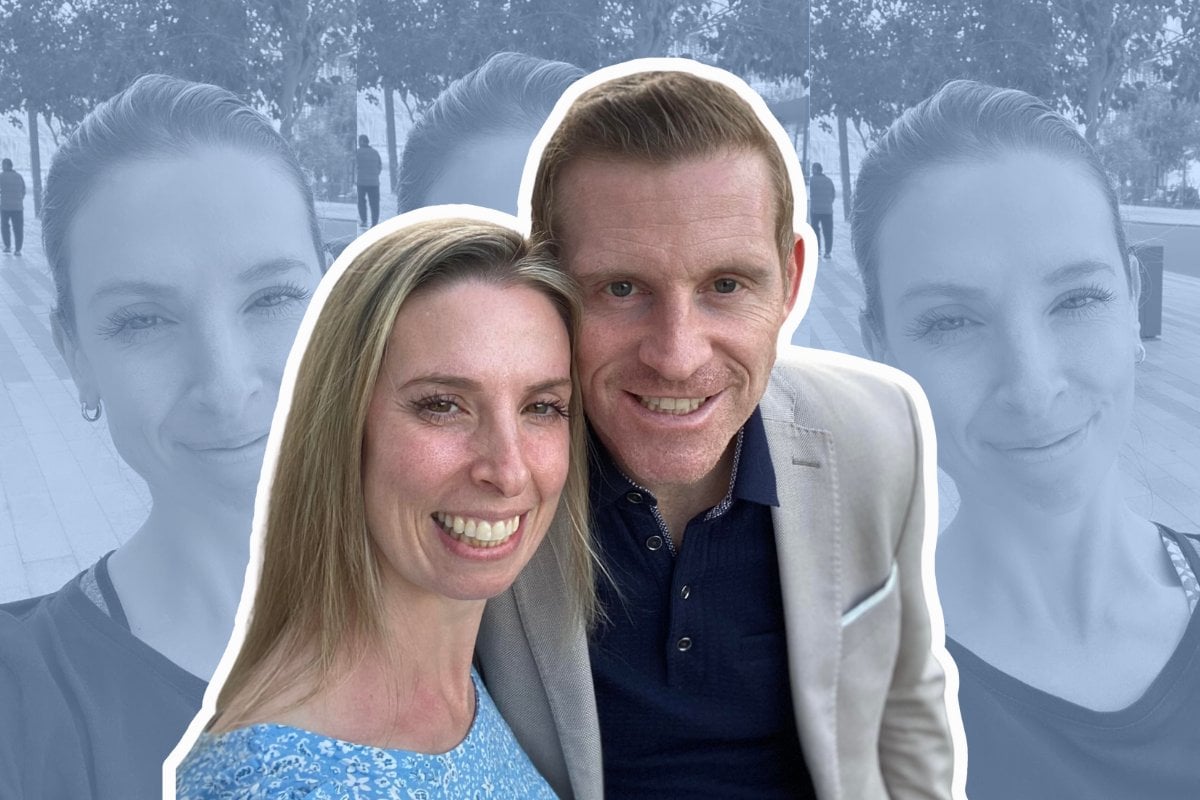
Starting IVF can be a relief. I thought, “Finally, this will get me pregnant.”
But what we don’t talk about is: it doesn’t always work.
IVF is incredible; it’s science at its most impressive. The challenges you’re able to overcome are mind-blowing, and the hope that’s given to couples around the world is priceless.
Clinics are quick to show you their success rates and doctors’ offices are filled with baby pictures and smiling families. Most clinics will now give you a live birth rate of 65 to 70 per cent with a genetically tested, normal, embryo.
But what does that mean? And how likely is it you’ll actually get to that stage? What about all the cycles where there aren’t any eggs available to collect? Or no embryos that survive the testing stage?
When I started my first IVF cycle in 2017, I was so excited. I felt like someone had finally given me a solution to a problem with no end in sight. I just knew it was going to work!
But it didn’t.
Watch: Tanya Hennessy talks about her infertility struggles. Post continues below.
Of the three cycles of IVF I went through, only one was successful. And the process was much tougher than I imagined.




























































































